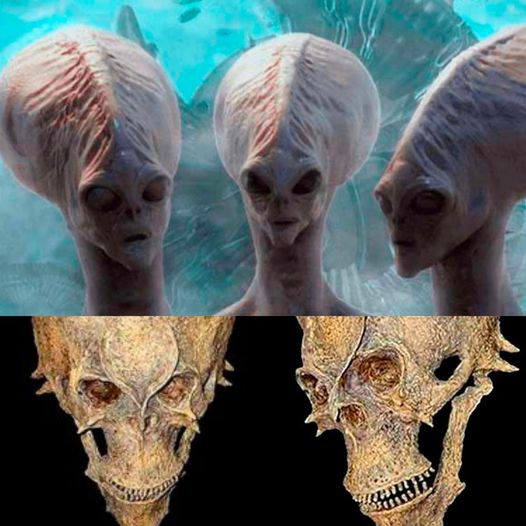Coral reefs, often referred to as the rainforests of the sea, are stunning underwater ecosystems that support a diverse range of marine life. These vibrant and colorful structures have fascinated humans for centuries, but one intriguing question remains: Can you eat coral? In this blog post, we will explore the culinary curiosity surrounding coral, shedding light on the ecological importance of these fragile ecosystems and the potential consequences of indulging in such a peculiar delicacy.
The Beauty and Importance of Coral Reefs
Before delving into the culinary aspect, it's essential to appreciate the ecological significance of coral reefs. Coral reefs are not just pretty formations; they are critical hubs of biodiversity, offering shelter and sustenance to countless marine species. These underwater ecosystems also play a vital role in protecting coastlines from erosion and providing economic benefits through tourism and fisheries.

The Taboo of Consuming Coral
While some cultures have incorporated marine life into their diets for centuries, coral has largely remained untouched. The reasons for this are multifaceted. First and foremost, corals are living organisms. They belong to a class of animals known as Cnidaria, closely related to jellyfish and sea anemones. Consuming them raises ethical concerns, as it involves the potential destruction of these fragile ecosystems.

The Potential Health Risks
Apart from the ethical concerns, there are significant health risks associated with consuming coral. Coral polyps have intricate structures that can house various toxins, making them potentially harmful to humans if ingested. These toxins can lead to food poisoning, digestive issues, and, in severe cases, even death. Given these risks, it is not advisable to include coral in your diet.

Legal and Environmental Consequences
Beyond health concerns, there are legal and environmental consequences to consider. Many countries and international agreements protect coral reefs, making it illegal to harvest or damage them. Engaging in the collection and consumption of coral can result in hefty fines and even imprisonment in some regions. Moreover, the physical removal of coral can have devastating effects on the delicate balance of marine ecosystems, causing harm to a wide range of marine life.

Alternative Approaches to Appreciating Coral
Instead of seeking to eat coral, there are more sustainable and responsible ways to appreciate its beauty and significance. Snorkeling or diving in coral-rich areas can provide a firsthand experience of these remarkable ecosystems without causing harm. Many marine conservation organizations also offer programs that allow you to participate in coral restoration efforts, contributing to the preservation of these vital underwater landscapes.

In conclusion, the idea of eating coral is not only ethically questionable but also fraught with health, legal, and environmental risks. Coral reefs are not on the menu, and for good reason. Instead of contemplating their consumption, we should focus on protecting and preserving these invaluable marine ecosystems. By understanding and appreciating the role coral reefs play in our planet's health, we can contribute to their conservation and ensure they continue to thrive for generations to come.









